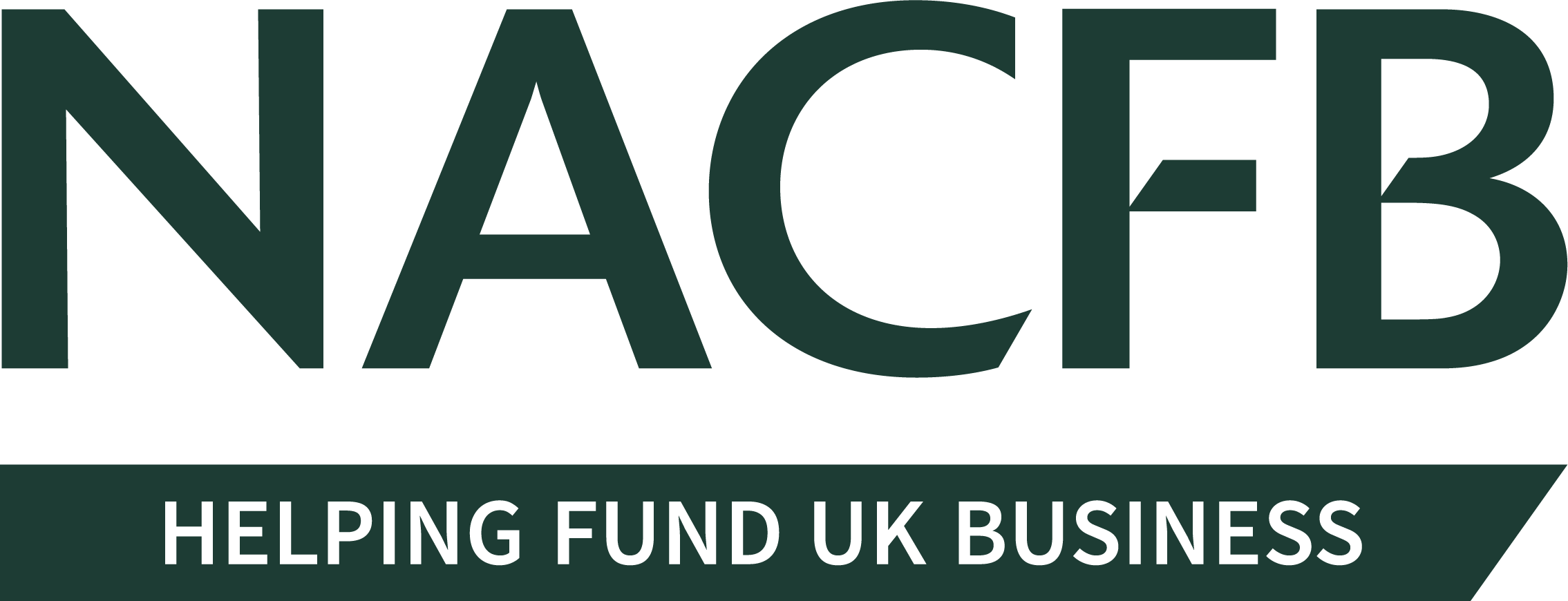At the request of HM Treasury, the NACFB has shared a range of suggested measures to be considered ahead of the Government’s upcoming Spring Budget.
Chancellor Jeremy Hunt is set to unveil a new round of measures on Wednesday 15th March, where he will outline the next phase of the plan to combat inflation and the cost-of-living crisis. The measures will be published alongside the latest forecasts from the Office for Budget Responsibility (OBR). A high-level overview of the Association’s proposals can be found below.
Place recognised advisers at the core of an enhanced Bank Referral Scheme
The NACFB is calling for an overhaul of the Bank Referral Scheme, by placing the UK’s commercial finance intermediaries at its core, to increase the options available to SMEs seeking funding. In 2022, 29% of small businesses who had been successful in obtaining finance via an NACFB commercial intermediary had previously been turned away for funding elsewhere, whilst 40% of lenders surveyed did not have a formal referral system in place for businesses they couldn’t support. Encouraging more commercial lenders to refer to a centralised independent system – which in turn refers to a wider array of funding solutions – will enable many more businesses to realise their growth ambitions.
Mandate that the switching of business accounts is made quicker and easier
During the pandemic, NACFB Members shared that their small business clients were unable to switch their business accounts to another provider easily. Business owners who were unable to borrow through their primary business account provider were met with severe delays when trying to switch to a new lender. Mandating that business current accounts can be switched as quickly and as easily as personal accounts and utility providers will introduce greater market competition, improve service and likely result in more favourable lending rates.
Help small businesses transition away from high-cost energy
The recent Energy Bill Discount Scheme provides a welcome respite to many businesses assessing the energy challenges of the future winter cold snaps. Whilst the measure enables businesses to plan for the year ahead, they – like all other consumers – will still be susceptible to future market fluctuations. The government cannot continue to subsidise energy companies and must instead examine structural concerns by sharing a long-term energy independence strategy.
Incentivise sustainable investment for SMEs
In lieu of a Sustainable Finance Guarantee Scheme on the scale of both the Coronavirus Business Interruption and Recovery Loan schemes, the NACFB backs the provision of vouchers to small businesses to help them invest in sustainable improvements to their premises, such as heat pumps, insulation, and solar panels, as well as support in decarbonising their processes. Longer-term, the NACFB believes a fully-fledged government-backed loan scheme will be central to the UK meeting its net zero targets and development work should already be well underway.
Replace super-deduction with sustainable tax incentive scheme
The end of the super-deduction scheme coincides with a sharp rise in corporation tax from 19% to 25% which could result in small businesses cutting capital spending. From April, the UK will feature the highest tax burden for generations. The NACFB joins both Make UK and the IoD in calling for a suitable replacement scheme that focuses tax relief on investment in green plant and machinery.
Enable CDFIs to finance more small UK businesses
The NACFB supports Responsible Finance’s calls to increase lending limits through CDFIs. There are approximately 50 CDFIs serving areas across the UK, with over 95% of lending taking place outside London. Raising the for-profit loan limit from £100,000 to £250,000, and for non-profit limits from £250,000 to £375,000, could add a further £20 million of annual lending capacity to small businesses in deprived areas and enterprises led by individuals who face high barriers to finance.
Empower SME housebuilders to meet housing shortfall
Forty years ago, SME housebuilders delivered 40% of our homes. Today, this figure is just 12%. Hit hard by successive recessions, small business housebuilders struggle to access finance, supplies and land, and have difficulty navigating the complex planning system. The NACFB is calling for a cross-party review into ways that barriers to smaller housing developments can be reduced.
Accelerate labour market reforms to boost workforce
75% of firms say they’ve been hit by labour shortages in the last 12 months, and many small business owners are concerned that growth is being hampered by a lack of skilled workers. The NACFB backs wider calls to increase support to help parents back into work through the provision of free childcare as well as a review into the UK’s childcare system. The NACFB also calls for the government to issue vocational training vouchers enabling those workers who left the labour market during the pandemic to be reskilled and whilst reviewing the occupations contained within Skilled Worker visa list.
Review IR35 reform to invigorate working practices
The economy desperately needs the skills and flexibility of independent workers. The NACFB would welcome a review into the 2017 and 2021 changes to IR35. To help promote growth, the UK should be promoting more self-employment which in turn helps foster an entrepreneurial spirit. IR35 reform has held back flexible working in the UK, making it harder to maintain self-employed status and harder for businesses to engage with such workers.


